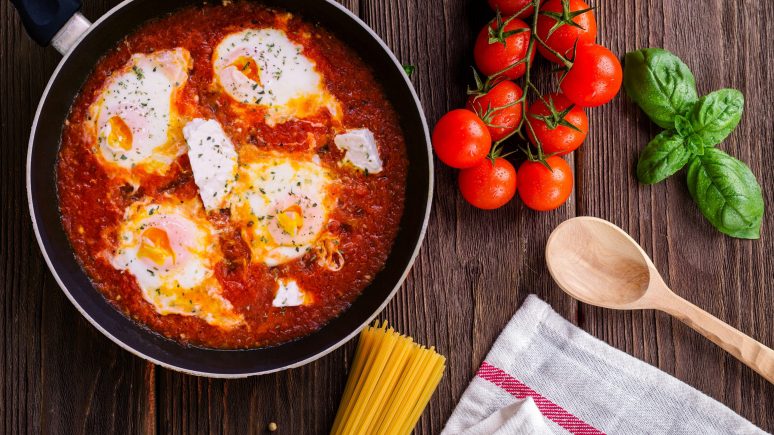Introduction
We all are different. It is very hard, if not impossible, to find two people with the same age, height, weight, schedule, level of activity, and sleep. Therefore, everyone has their individual energy needs that should be met by the calories we receive from food.
Most diets are designed to either lose or maintain weight. However, some people want to either build muscle mass or put on some weight. It is where a 3000-calorie diet comes to help. In addition, people with some conditions, including infection or cancer, and those recovering after the surgery may have higher energy needs and benefit from a 3000-calorie diet.
Key points
As the name implies, following a 3000-calorie diet, you should consume 3000 calories daily. However, to gain weight healthily, you need to correctly distribute the percentage of energy you get from each of the macronutrients – carbs, proteins, and fats. According to the Acceptable Macronutrient Distribution Ranges (AMDRs) designed by the Institute of Medicine of the National Academies, you should receive 45-65% of calories from carbohydrates, 20-35% from fats, and 10-35% from proteins. It means that by eating a 3000-calorie diet, you get 338-488 grams of carbohydrates, 67-117 grams of fats, and 75-263 grams of proteins.
Keep in mind that overall daily calories should add up to 3000. Therefore, you cannot go with the upper limit for all macronutrients. However, you can ensure that the number of carbs, fats, and proteins you eat make up 3000 calories through the simple calculation: 1 gram of carbs and proteins equals 4 kcal, while 1 gram of fats equals 9 kcal.
If your goal is to increase muscle mass without fat gaining, your protein intake should be on the higher end of the AMDR and combined with resistance training.
While eating 3000 calories daily, you should focus on foods like:
- plant-derived proteins
- lean animal proteins
- fruits
- vegetables
- grains
- dairy products
- oils and healthy fats
- protein powders
It is advisable to limit or avoid foods that are poor in nutrients, including:
- highly processed foods
- fried foods
- refined foods
- sugary drinks
- added sugar
- fast foods
Balance is essential: if most of your diet consists of whole, nutrient-dense foods, you can still indulge in your favorite treats occasionally. This way, you will get all the essential nutrients and won’t feel deprived of the food you love.
Contraindications
Since the 3000-calorie diet is designed to help people gain weight, individuals who want to decrease their body mass should avoid following this nutritional approach.
How to avoid possible nutritional deficiencies
The 3000-calorie diet doesn’t restrict any specific food group or severely decrease the daily calorie limit. Therefore, you are unlikely to develop nutritional deficiencies while following this dietary approach.
Tips on improving your dieting experience
As was mentioned above, balancing the intake of carbs, fats, and proteins is essential. Recall that 1 gram of carbs and proteins contains 4 kcal, and 1 gram of fats gives you 9 kcal. Therefore, you can calculate how much of each of the macronutrients you need to eat daily. For example, suppose you decided that you want to receive 55% of the energy from carbs, 25% from fats, and 20% from proteins. Then your daily intake should be:
- carbs: (3,000 kcal x 0.55)/ 4 kcal/gram = 412.5 grams
- fats: (3,000 kcal x 0.25)/ 9 kcal/gram = 83.4 grams
- proteins: (3,000 kcal x 0.20)/ 4 kcal/gram = 150 grams
Conclusions
A 3000-calorie diet is a nutritional approach appropriate for those who want to gain weight or individuals that are physically active (for example, athletes). This diet can promote weight maintenance or weight gain, depending on your energy demands.
This nutritional approach focuses on eating nutrient-dense, minimally processed foods. However, it doesn’t eliminate your favorite food and allows enjoying it in the form of occasional treats. Therefore, a 3000-calorie diet ensures you base your meals on whole foods but don’t feel overly restricted, promoting better relationships with food and a higher chance of sticking with the diet.














Leave a Reply
You must be logged in to post a comment.